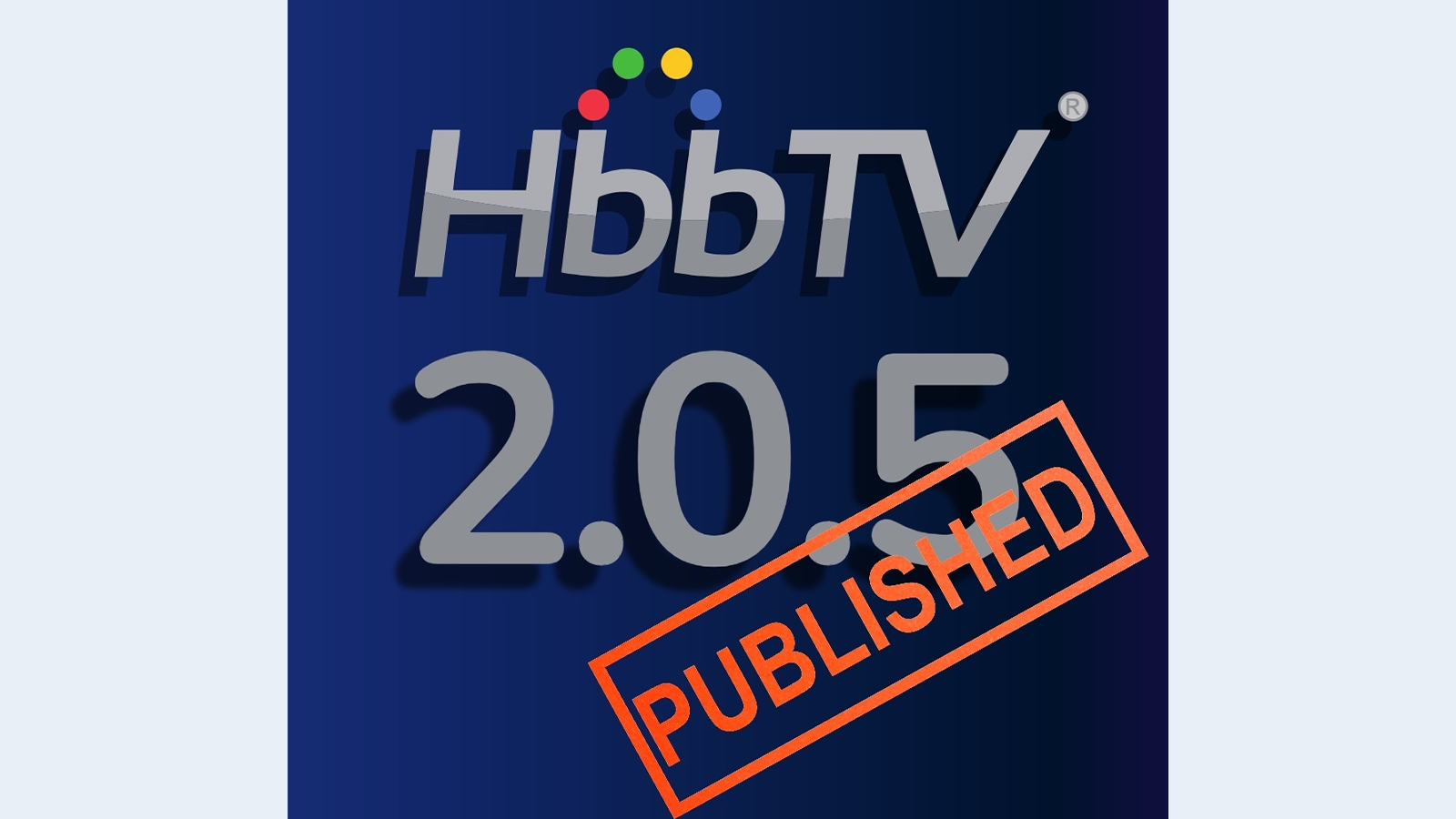Congress blasts rising webcast fees
The professional video industry's #1 source for news, trends and product and tech information. Sign up below.
You are now subscribed
Your newsletter sign-up was successful
The U. S. Copyright Royalty Board (CRB) last week approved a per play rate proposal backed by the nation's recording industry that will result in significantly higher royalty rates for the playing of music on the Internet.
The new rules propose raising the amount that commercial Internet radio services pay to record companies by 30 percent retroactively to 2006 and in each of the next three years, through 2009. Each station would have to make a minimum $500 royalty payment.
Rep. Edward Markey, D-MA, chairman of the House Subcommittee on Telecommunications and the Internet, blasted the CRB's action. "This represents a body blow to many nascent Internet radio broadcasters and further exacerbates the marketplace imbalance between what different industries pay," he said in the "New York Times." "It makes little sense to me for the smallest players to pay proportionately the largest royalty fee."
According to calculations by the Radio and Internet Newsletter, an advocate for Internet radio services, the new retroactive 2006 rate would require webcasters to pay approximately 1.28 cents per listener per hour — enough to cripple some smaller services, the group told the "Times."
The CRB's decision is a blow to webcasters because it widens the gap between what Internet radio and satellite radio services must pay, RealNetworks general counsel Robert Kimball told a meeting of the Digital Media Association.
Bill Goldsmith, operator of Radio Paradise, an Internet radio service, said the new royalty rate structure would "wipe out" small, independent webcasters. He said his station's obligation under the rules would be equal to more than 125 percent Radio Paradise's total income.
The CRB's new rules are still subject to appeal.
The professional video industry's #1 source for news, trends and product and tech information. Sign up below.
